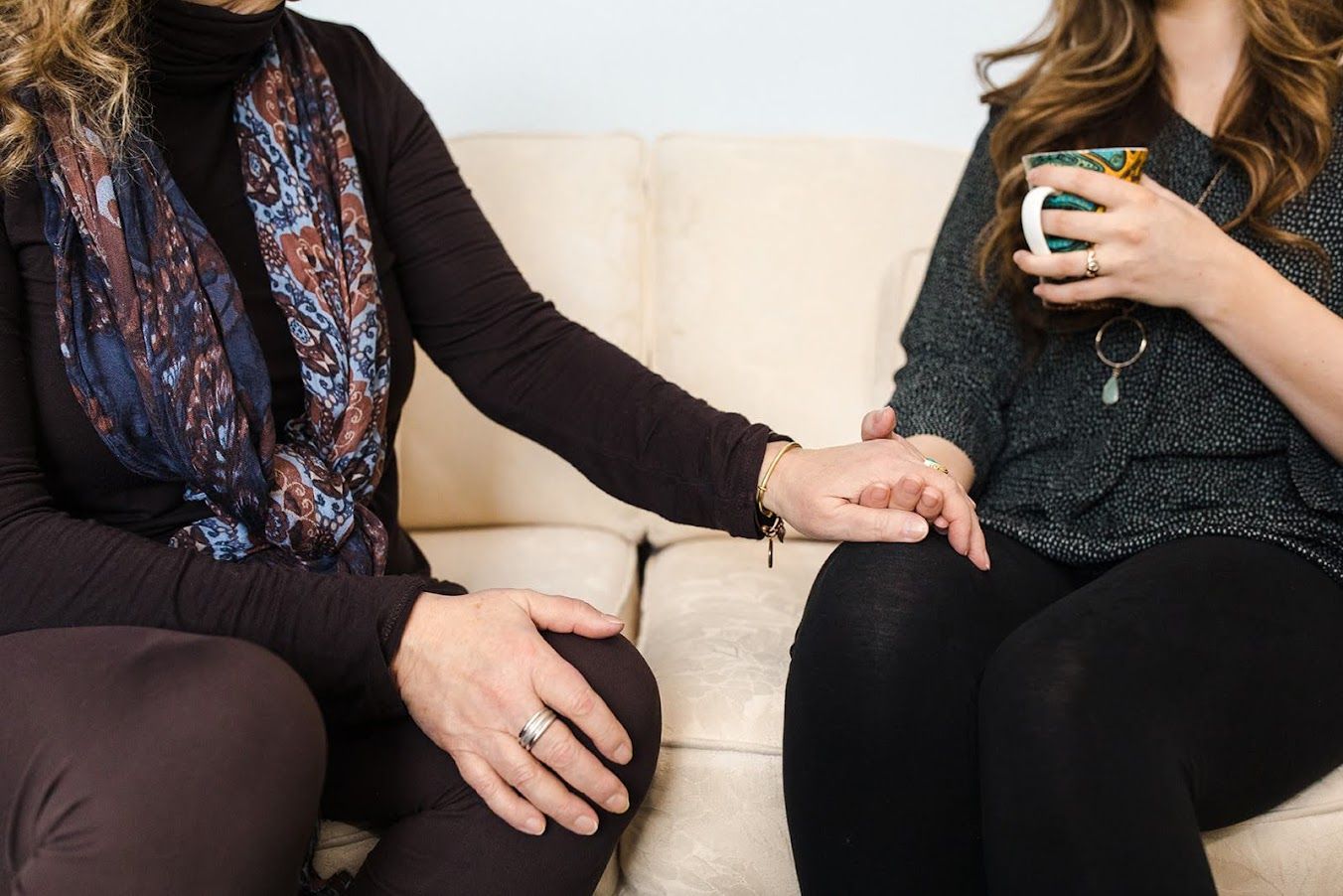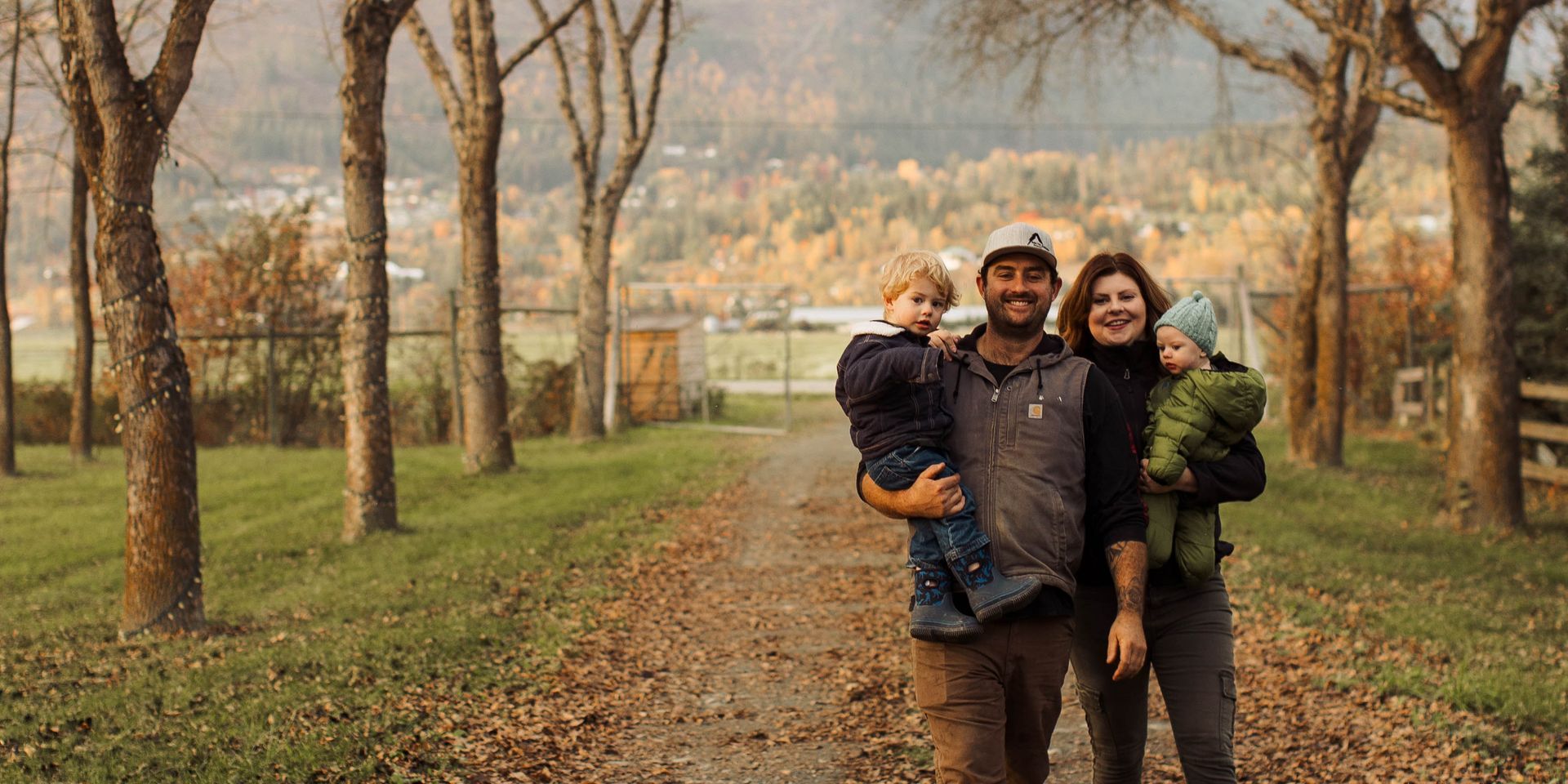Trauma
Emotional Health is not just what you need, it is what we all deserve.
My intention is to provide you with some information on trauma and how to manage and heal and live with your experiences. While it’s a big subject I’m sharing some information so even if you do not feel you have had traumatic experiences, you will have some basic tools for life management.
Like many of you, I too have experienced trauma. My life has had many joyful moments, but it has also had very difficult and painful experiences as well. I have experienced emotionally traumatizing experiences in my own life and also through the experiences of many of my clients. As a therapist sometimes it has been as a witness to the pain and suffering one has had and may continue to endure.
Here are some different types of trauma.
(Note: some of this information has been extracted from Paul Conti’s new book, Trauma, the invisible epidemic. Link below)
- Acute Trauma - This type of trauma can be from a specific event Eg: A car accident, an attack, rape, or a witness of a crime.
- Chronic Trauma - Prolonged exposure to harmful situations Eg: domestic violence, childhood abuse, or racism.
- Vicarious Trauma - This is the internalizing of someone else’s suffering. Common in my profession, and for front line social workers, police officers, nurses, and health care professionals.
- Post-Trauma Syndromes -
This can result from any of the above trauma’s most commonly known as PTSD and the long-term impact of a traumatic event that effects a person’s life in a negative way.

Shame often accompanies trauma.
When I am doing an initial assessment for my clients, shame is often present. We blame ourselves and shame disconnects us from the people in our lives. This shame and pain can show up as anger. Supporting those who suffer from trauma and shame need our support and our compassion and thus can help diffuse the anger and the shame. Some might say this shame is fear around suffering. So ask yourself, are you afraid to suffer? None of us wants to feel pain, but avoiding pain creates all kinds of other suffering, such as addictions. Shame keeps us in the cycle.
Starting with self-compassion is critical and there is lots of really good research in this area. Having gratitude for even just being here. Gratitude for who is in our lives. Building a community of support. That is why AA has been around for so long. They knew the importance of community when you suffer from shame and loss.
So how do we address this?
- Self-talk: Often an approach used in CBT regarding how we look at how we are talking to ourselves and then change it to more helpful ways of thinking.
- Improve our self-care: Ask yourself……..what do you deserve in your life? What support do you need? Take the time to really think about what you can do differently to support you.
- Reduce unhealthy or risky behaviours: If you are engaging in risk taking behaviours like increased drug or alcohol use, porn, social media or overeating………review what is going on for you?
- Sleep: Relaxation techniques like progressive muscle relaxation, massage, reiki, acupuncture, or any type of treatment that helps improve your sleep.
- Improve your mood: Be active, exercise, dance, hike, walk, whatever you can do movement is so important. And learning new things, like taking up a musical instrument, or a language or course. Something where you can see progress and feel good about your achievement.
- Manage your stress: We all experience stress but managing it is on-going practice. Ask yourself what are you doing to reduce your stress? Manage your input by a digital detox. Surround yourself with more joy and people who you love and love you back!
- Know what your triggers are: I often do an exercise with my clients about what triggers them? What is their initial thought when they are triggered? How do they experience it in their body and their emotions? And finally, what do they do or how do they behave when triggered. It is very good exercise to do with your family, spouse, or kids.
- Seek Help: finally find someone who can help. Ask your therapist if he/she/they have experience in trauma. Are they trauma-informed? If you do meet them, do they look you in the eye? Do they remember you from your last session? Are they compassionate and caring?

“A healthier me makes a healthier we, and a healthier we goes a long way to encouraging a healthier you”. ~ Paul Conti, MD
No one escapes pain, it is part of the human story. We have heartbreak, grief, loss, and pain. If we do not deal with our pain our trauma will negatively impact our life today and our life tomorrow. These painful experiences do not define us,
but in order to heal we have to feel. You want to learn, you want to grow and then you want to serve.
This can be tough work, and finding the right someone who can support you on this journey of healing is important.
Take your pain and make it your medicine.
“The best Therapists teach you about yourself, teach you to learn and grow from your pain, and teach you to treat yourself and then serve others”.
~
Arthur C. Brooks
As a certified trauma therapist I’m available to help you and your family through any trauma or stress you may be dealing with. Please reach out if you want support. (or you could book an appointment below)

Here are some links to good books that might provide you some support and insight.
Lynn Hiscoe | Career at a Glance
I am a Registered Clinical Counsellor and a Registered Social Worker providing support and therapy to individuals, families, professionals, workplaces, and organizations. I’ve worn many hats over my 20 years of experience and leadership in the field of mental health.
I’ve served as mother, coach, therapist, clinical supervisor, manager, and team leader supporting clinicians, social workers, educators, workplaces, unions, and paraprofessionals on mental health and complex cases.
My approach is tailored to the individual, while providing treatment with empirical, evidence-based therapy such as cognitive behavioral therapy (CBT). I have worked primarily with professionals in education, medical, and community mental health settings. Highlights:
- Counseled thousands professionals and individuals over the course of my career
- Written dozens of programs, assessment tools for employers and workplaces
- Pioneered “Living with Balance” program - CBT based group therapy program for teachers across BC.
- Contributed to several publications and textbooks.



